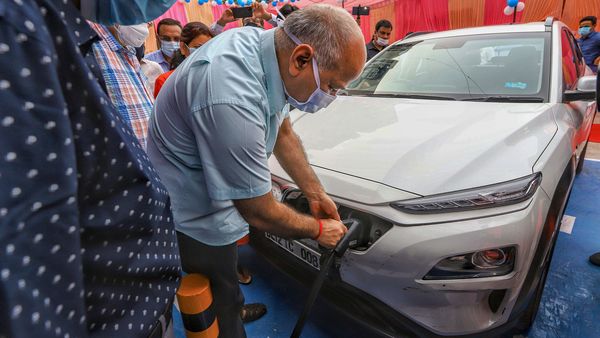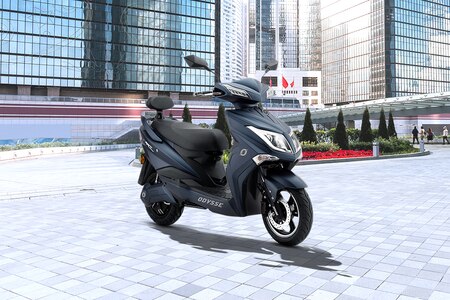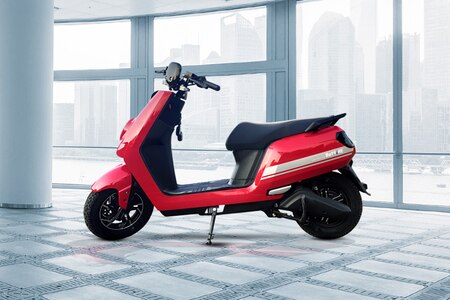Experts welcome Delhi Electric Vehicle Policy, stress on implementation


Environment experts Friday welcomed the Delhi government notifying its Electric Vehicle Policy, but said implementation will be the key and suggested installing sufficient number of charging stations for it to become successful.
Chief Minister Arvind Kejriwal Friday launched 'Delhi Electric Vehicle Policy' under which his government will waive registration fee and road tax, and provide incentive of up to ₹1.5 lakh for new electric cars in the national capital.
Also check these Vehicles
Environment expert Vimlendu Jha said, “As a policy, electric vehicles sound very clean. But until and unless the supply of electricity is non-coal and non-thermal, it does not make much of a difference."
“At the end of the day, almost 75 to 80 per cent of the electricity still comes from coal thermal plants. In case of electric vehicles, it might look as if no fossil fuel is being burnt, but the fact that it is being run on electricity, means that it is non-sustainable. To be equally sustainable, the electric supply needs to be looked at. The policy needs proper planning on the ground and there should be sufficient electric charging stations," he added.
The Centre for Science and Environment (CSE) welcomed the notification of Electric Vehicle Policy.
Within three years, 25 per cent of all new vehicle registrations will be battery-operated electric vehicles, it said, adding this is expected to transform the market from the current level of electrification.
Anumita Roychowdhury, the CSE executive director for research and advocacy and head of the Centre’s air pollution and sustainable mobility programmes, said it is “commendable" that the notification has issued despite the ongoing Covid-19 crisis and economic slowdown.
“In fact, this policy is being seen as a stimulus strategy to boost jobs and economy," she said.
Also Read : Delhi's electric vehicle policy - Cheaper EVs and what it means for you
“This step in Delhi can not only accelerate zero emissions trajectory to reduce air pollution and toxic emissions from internal combustion engines, it can also have a national spin-off," she said.
“According to the last available Road Transport Year Book of the Ministry of Road Transport and Highways in 2016-17, Delhi is ninth among all states and top among all cities in terms of cumulative vehicle registrations," she added.
Jyoti Pande Lavakare, the co-founder and President of Care for Air, said it was about time that the policy get notified.
She expressed hope that there would be no delay in executing the incentive schemes so that more people are encouraged to adopt electric vehicles.
“The ease of accessing the incentives is as important as the announcement itself. We need time-bound goals for creating infrastructure especially for two wheelers which have the most highly polluting two-stroke engines.
Also Read : Boosted by new Electric Vehicle Policy, Ather announces plans to enter Delhi
“We would like to see higher subsidies in order to make two-wheelers more economical so that people adopt these at a faster rate in the initial period. These can be gradually reduced over time. In a post-Covid world where people are avoiding mass transit, this is even more important," she said.
Pandey also said that 25 per cent electrification won’t happen organically and said that the government should make this a priority in every way - from setting up EV infrastructure to reducing red tape for legitimate access to incentives.
“Most importantly, we must not forget that the electricity generated to power these vehicles must itself be clean. So, moving towards renewable energy at a faster rate is key to cleaner air and bluer skies."








 64.8 kWh
64.8 kWh 418 Km
418 Km














